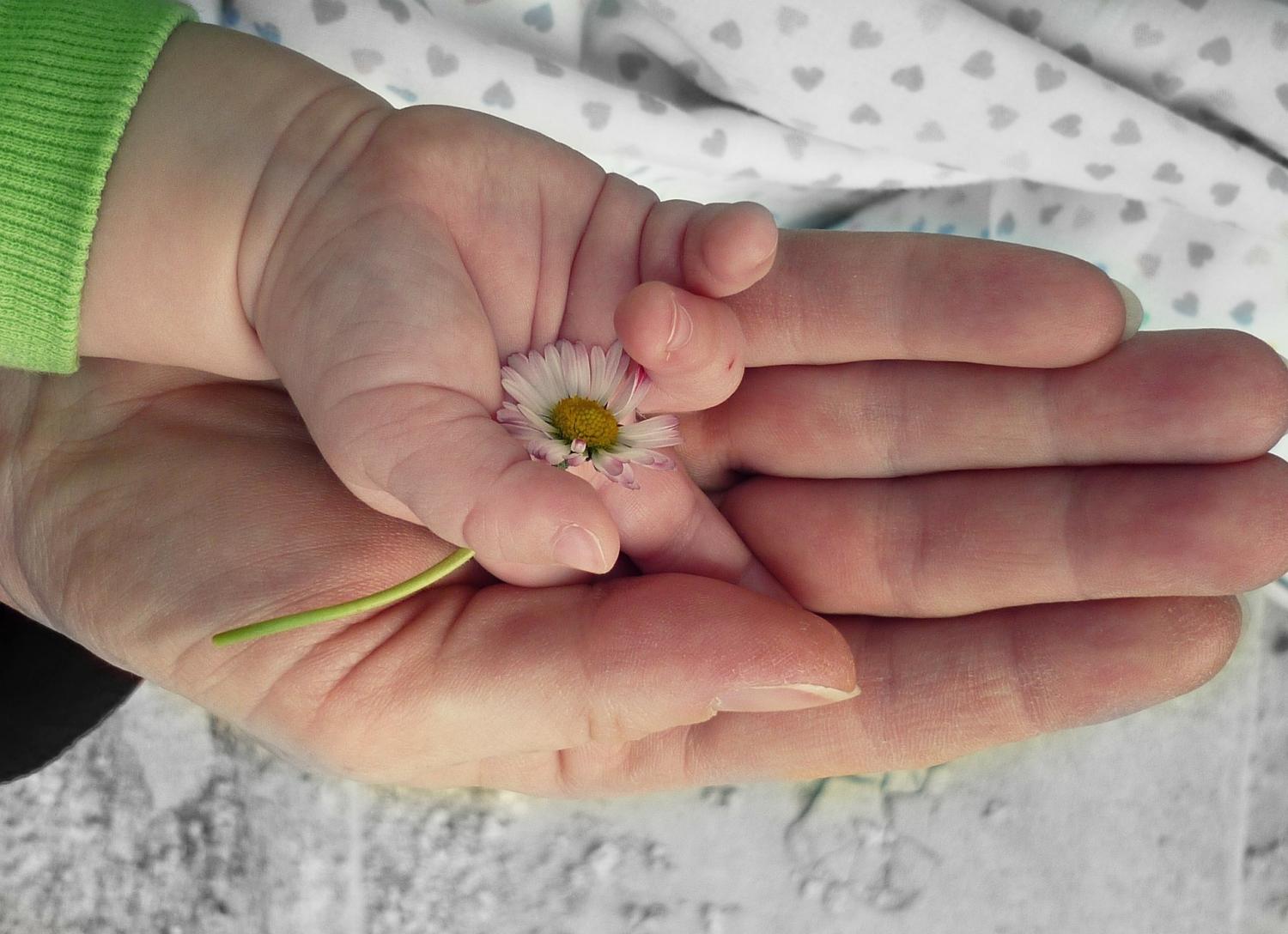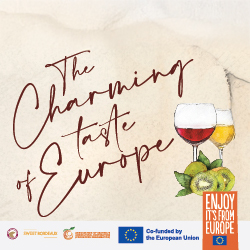
Time to acknowledge the other baby scoop
By Valerie Andrews and Art Eggleton
The recent announcement by the federal government offering a $800M settlement for “Sixties Scoop” survivors, those Indigenous children removed from their reserves and families and placed into non-Indigenous homes, is a step in the right direction to promote acknowledgement and healing for those impacted.
There is, however, another “scoop” that needs to be acknowledged, involving a non-indigenous part of the population.
Many Canadians are unaware that in the immediate postwar decades, federal and provincial governments also funded draconian adoption policies that harmed non-Indigenous “unwed mothers.” These mothers, in the hundreds of thousands, were systematically separated from their babies by means of forced or coerced adoption in Australia, New Zealand, Ireland, the United Kingdom, the United States and Canada simply because of their marital status.
In Canada, more than 300,000 unmarried mothers were impacted by the mandate from 1940 to 1970.
These women were housed in government funded “maternity homes” or “homes for unwed mothers,” managed by mainstream religious orders. It was unlikely an unmarried mother would leave the experience with her baby as adoption rates were as high as 96 per cent in these facilities. This is in contrast to today, where unmarried mothers relinquish their babies for adoption at the rate of approximately 2 per cent. Yes, those were different times but the pain still endures.
Unmarried mothers were confined for three to five months of their pregnancy until they gave birth.
The environment in these “homes” was punitive and shaming. To be rehabilitated or redeemed, the penance for the sin of out-of-wedlock pregnancy was the relinquishment of the baby for adoption. Women confined in Canada’s maternity homes report being subjected to physical, sexual, psychological and emotional abuse.
Mothers from these homes were routinely dropped off at hospital to labour alone, their file indicating “MISS” or “BFA” (Baby for Adoption) instigating hospital protocols for unmarried mothers prior to the signing of consents. Unmarried mothers were segregated from married mothers, either under or over-medicated and restrained on delivery tables. These women report punitive and harsh treatment.
Mothers were frequently prevented from eye contact with their babies in delivery rooms by use of sheets, pillows, aversion of mirrors or other means, in order to “prevent bonding” — ignoring the fact these mothers were already bonded to the baby they had carried for nine months.
Mothers were routinely denied their legal right to see, hold and feed their babies after birth. Some were told their babies died, only to learn their child had been adopted when their child sought them out years later for reunion. Others still do not know if they delivered a boy or a girl.
Mothers report the use of threats, fear, duress, lies, trickery and even physical force to obtain uniformed consents, with no legal counsel, many signing alone, with perhaps a social worker or two in attendance. Mothers were routinely not given a copy of any paper signed, and were usually not informed of their right of revocation.
Mothers were returned to the community immediately after birth, still recovering from childbirth, in shock and traumatized from the harsh treatment and loss of their baby, told to keep the secret, never to tell their future husbands, and provided no counselling or aftercare. Many of these mothers continue to live with the stigmatized identity of an “unwed mother” and continue to “keep the secret.”
Like Sixties Scoop survivors, these mothers also need acknowledgement and healing. Australia did that a few years ago with recommendations that included funding for healing, transparency in adoption records, promotion of public awareness and a national apology. It is time that Canada did the same.
Valerie Andrews is executive director of Origins Canada, a federal non-profit organization supporting those separated by adoption.
Art Eggleton is member of the Canadian Senate










